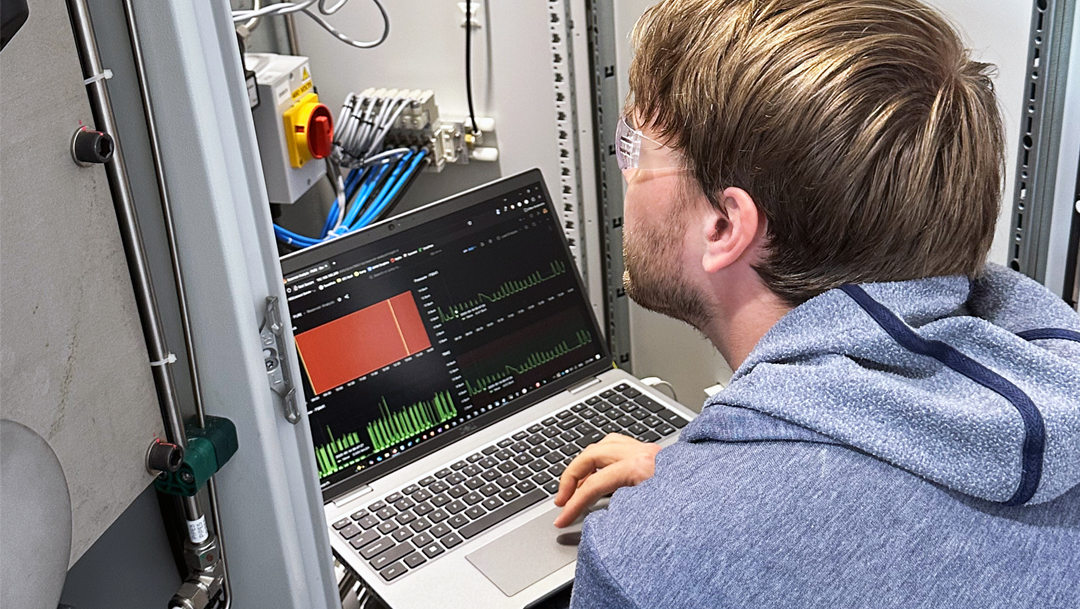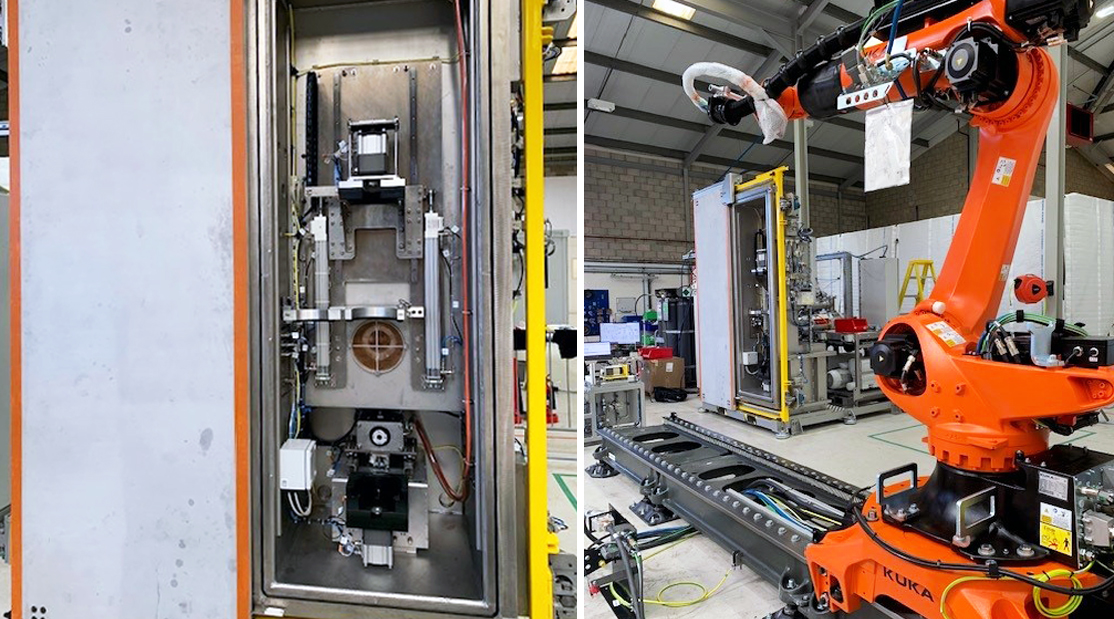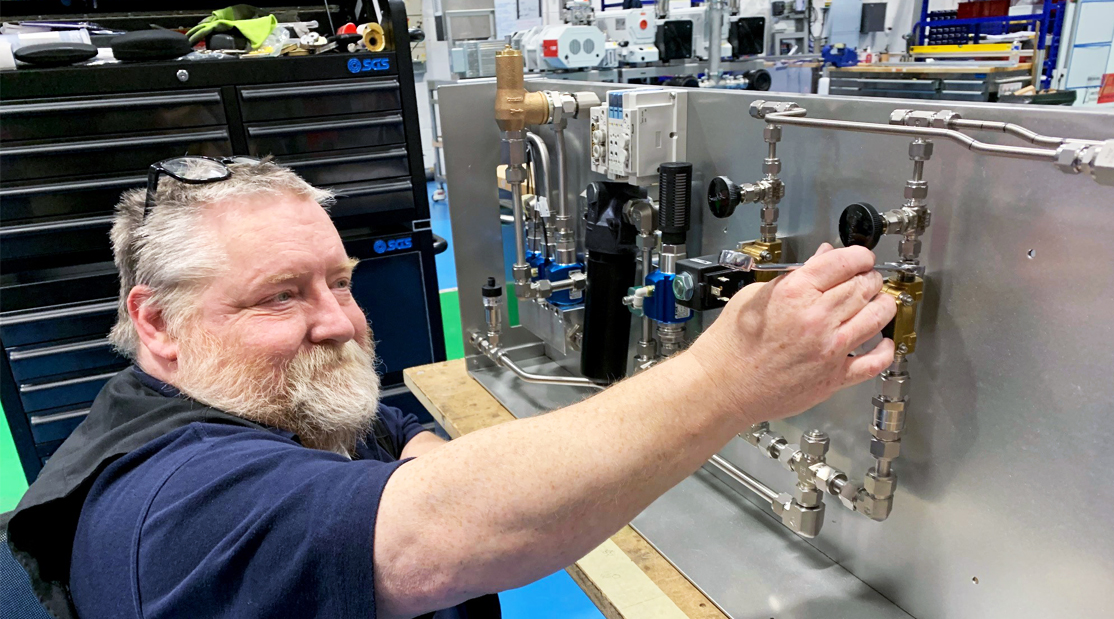In the battery cell industry, leak testing is a critical process that helps ensure the safety and reliability of battery cells. Battery cells contain potentially hazardous materials, including flammable and corrosive electrolytes, which can leak out and cause significant safety hazards, such as fires or explosions. For this reason, leak testing is an essential step in the battery cell manufacturing process.
In this article, we will explore the importance of leak testing in the battery cell industry and the benefits that it provides.
Why is Leak Testing Important?
Leak testing is important for several reasons. First, it helps to ensure that battery cells are free from leaks and safe for use. If a battery cell leaks, it can pose significant safety hazards, including fires, explosions, and chemical burns. By conducting thorough leak testing, battery manufacturers can ensure that their products meet the highest safety standards and are free from leaks.
Second, leak testing can help to improve the performance and reliability of battery cells. If a battery cell leaks, it can reduce the overall capacity and efficiency of the battery pack. By detecting and repairing leaks early in the manufacturing process, battery manufacturers can ensure that their products are operating at peak performance and efficiency.
Third, leak testing can help to reduce costs associated with faulty battery cells. If a battery cell leaks and causes damage to other cells in the battery pack, it can be costly to repair or replace. By detecting and repairing leaks early in the manufacturing process, battery manufacturers can reduce these costs and improve their bottom line.
What are the Benefits of Leak Testing?
There are several benefits of leak testing in the battery cell industry. First, it helps to ensure the safety and reliability of battery cells, which is critical for the success of the industry. If battery cells are not safe or reliable, it can damage the reputation of the industry and lead to a loss of customer trust.
Second, leak testing helps to ensure that battery cells are operating at peak performance and efficiency. By detecting and repairing leaks early in the manufacturing process, battery manufacturers can improve the overall capacity and performance of their products.
Third, leak testing can help to reduce costs associated with faulty battery cells. By detecting and repairing leaks early in the manufacturing process, battery manufacturers can reduce the risk of damage to other cells in the battery pack and avoid costly repairs or replacements.
How is Leak Testing Conducted?
Leak testing in the battery cell industry is typically conducted using a variety of methods, including pressure decay testing, mass spectrometry, and helium leak detection. Each of these methods has its own advantages and disadvantages, and battery manufacturers may choose to use one or more methods depending on their specific needs.
Pressure decay testing involves pressurising the battery cell and measuring the rate at which the pressure decreases over time. This can be an effective method for detecting leaks, but it may not be sensitive enough to detect very small leaks.
Mass spectrometry involves analysing the gas composition inside the battery cell to detect any leaks. This method is very sensitive and can detect even very small leaks, but it can be time-consuming and expensive.
Helium leak detection involves pressurising the battery cell with helium gas and using a mass spectrometer to detect any leaks. This method is very sensitive and can detect even very small leaks, making it a popular choice for leak testing in the battery cell industry.
Conclusion
Leak testing is an essential process in the battery cell industry that helps ensure the safety and reliability of battery cells. By conducting thorough leak testing, battery manufacturers can improve the performance and efficiency of their products, reduce costs associated with faulty battery cells, and ensure that their products meet the highest safety standards. At VES, we understand the critical importance of leak testing in the battery cell industry, which is why we offer advanced leak testing solutions for battery manufacturers. Our CellCheck machine is specifically designed for leak-testing battery cells and can detect even the smallest leaks, ensuring that each cell is leak-tight before it is installed in a device. With our expertise and advanced leak testing solutions, battery manufacturers can rest assured that their products are safe, reliable, and ready for use in a wide range of applications.
In conclusion, leak testing is a critical process in the battery cell industry that should not be overlooked or taken lightly. By conducting thorough leak testing, battery manufacturers can ensure that their products meet the highest safety standards, improve performance and reliability, and reduce costs associated with faulty battery cells. At VES, we are committed to providing advanced leak-testing solutions for battery manufacturers, helping to ensure that battery cells are leak-tight and ready for use in a wide range of applications.



